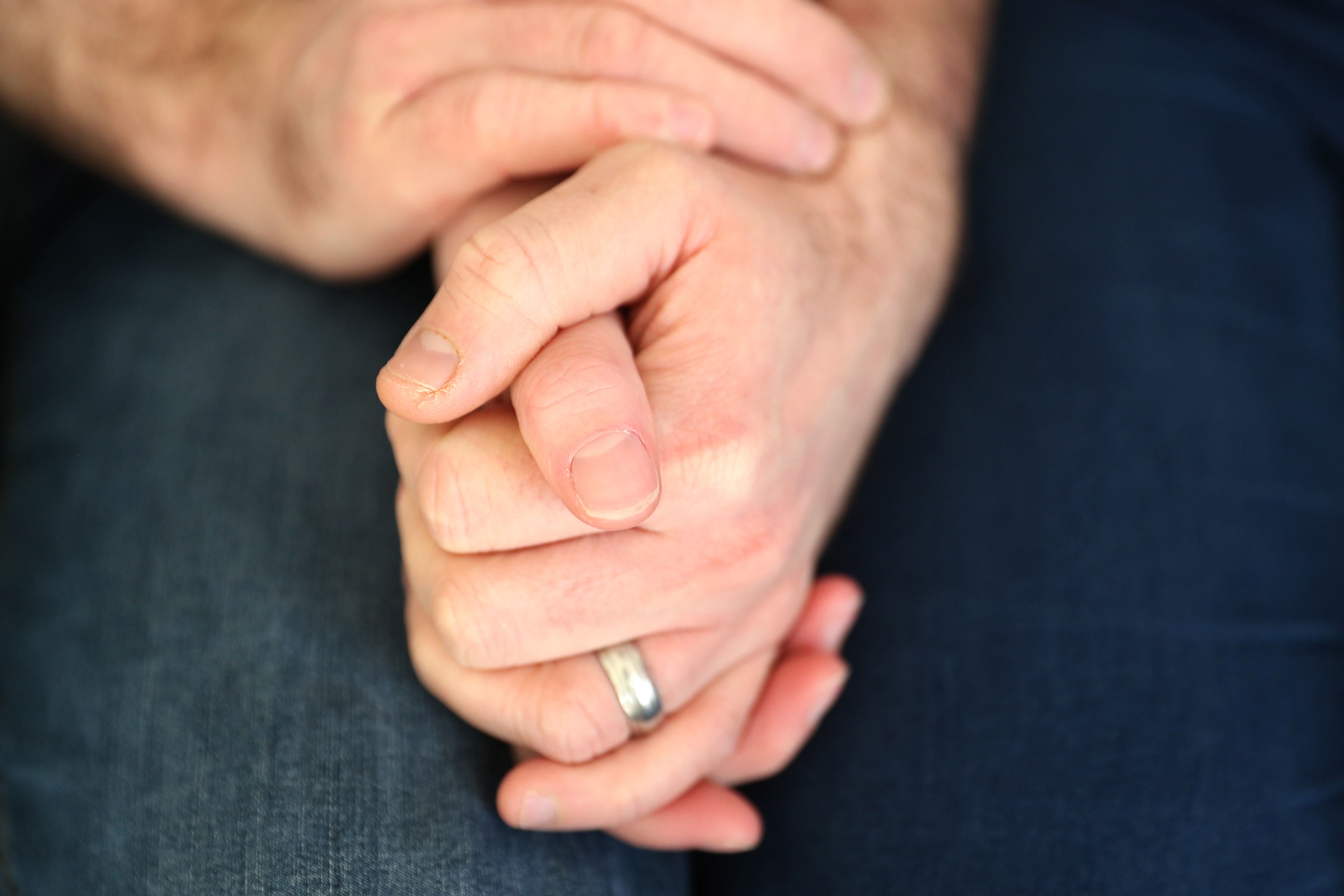Unmarried people ‘may be at greater risk of depression’
New research was looking at data from more than 100,000 people across seven countries, including nearly 7,000 from the UK.

Your support helps us to tell the story
From reproductive rights to climate change to Big Tech, The Independent is on the ground when the story is developing. Whether it's investigating the financials of Elon Musk's pro-Trump PAC or producing our latest documentary, 'The A Word', which shines a light on the American women fighting for reproductive rights, we know how important it is to parse out the facts from the messaging.
At such a critical moment in US history, we need reporters on the ground. Your donation allows us to keep sending journalists to speak to both sides of the story.
The Independent is trusted by Americans across the entire political spectrum. And unlike many other quality news outlets, we choose not to lock Americans out of our reporting and analysis with paywalls. We believe quality journalism should be available to everyone, paid for by those who can afford it.
Your support makes all the difference.Unmarried people may be around 80% more likely to be depressed than those who are married, new research suggests.
The risk of depression for unmarried people could be higher in men and those who had more education, the study also found.
Scientists say the findings may help them to identify people who are at higher risk of the condition.
Our cross-country analysis suggests that unmarried individuals may be at greater risk of depression, and any efforts to mitigate this risk should consider the roles of cultural context, sex, educational attainment and substance use
They suggest the lower rates of depression among married couples could be because they are able to socially support one another, have better access to economic resources and have a positive influence on each other’s well-being.
The analysis looked at data from more than 100,000 people across seven countries, including nearly 7,000 people from the UK.
Of the 222 people from the UK’s 2007 Adult Psychiatric Morbidity Survey (APMS) who reported having symptoms of depression, 73 were married, 62 were single, 55 were divorced or separated, and 32 were widowed.
Writing in the journal Nature Human Behaviour, study authors Kefeng Li, Macao Polytechnic University, Macau, and colleagues, said: “Our cross-country analysis suggests that unmarried individuals may be at greater risk of depression, and any efforts to mitigate this risk should consider the roles of cultural context, sex, educational attainment and substance use.”
According to the World Health Organisation (WHO), approximately 280 million people across the world have depression – around 5% of the world’s adult population.
Some of the signs of depression can include feeling sad, hopeless and losing interest in things you used to enjoy.
As well as the UK, the study looked at people in the US, Mexico, Ireland, South Korea, China, and Indonesia over a follow-up period of four to 18 years.
They found that being unmarried was associated with a 79% higher risk of depressive symptoms compared to those who are married.
People who were divorced or separated had a 99% higher risk of showing signs of depression, and people who were widowed had a 64% higher risk than people who were married.
According to the findings, unmarried people in western countries (including the US, UK and Ireland) had a higher risk of depression than their counterparts in eastern countries (including South Korea, China and Indonesia).
The authors noted that the data was collected using self-report questionnaires and not from clinical diagnoses of depression, and that all of the couples analysed in the study were heterosexual.